Rhapsodic - Word of the Day for IELTS Speaking and Writing
4 min read
Updated On
-
Copy link
Check out all about the word “Rhapsodic,” meaning someone or something that draws ideas, styles, or tastes from a diverse range of sources. Find its origin, examples, and how to use it effectively in IELTS Speaking and Writing!
Table of Contents
- Meaning of the Word “Rhapsodic”
- History and Origin of the Word “Rhapsodic”
- Synonyms of “Rhapsodic”
- Antonyms of “Rhapsodic”
- Using the Word “Rhapsodic” in Sentences
- Using the Word “Rhapsodic” in IELTS Writing Task 2
- Using the Word “Rhapsodic” in the IELTS Speaking Test
- Other Sentence Examples to Use the Word “Rhapsodic”

Limited-Time Offer : Access a FREE 10-Day IELTS Study Plan!
In the IELTS Speaking and Writing test, using a wide range of words would help you express ideas clearly and stand out from the crowd.
One such useful word for your IELTS exam is “Rhapsodic,” which is used to describe an expression of great enthusiasm, delight, or even emotional intensity, mainly in a poetic or ecstatic way.
It is one of the better words to use when you get to talk about your interests, experiences, or even opinions that clearly involve variety, in music, art, cinema, and any form of entertainment. Now, let us find out more about the word "Rhapsodic" and help you make use of it naturally in your final IELTS test!
Meaning of the Word “Rhapsodic”
As an adjective, the word “rhapsodic” is specifically used to describe something that is extremely emotional, ecstatic, or even enthusiastic, mostly used in an expressive or poetic way. When a person is being rhapsodic, they are writing or explaining regarding something they love with intense joy, love and passion, or even sometimes in a dreamy or romantic tone.
This word is also closely related to “rhapsody,” which initially referred to a musical or poetic composition that eventually flows with emotion and imagination. In simple words, Rhapsodic means to be extravagantly enthusiastic or ecstatic.
Book a FREE demo to get in touch with our experts to boost your IELTS vocabulary now!
History and Origin of the Word “Rhapsodic”
The word “rhapsodic” is from the Greek word “rhapsōidikos” which was derived from “rhapsōidos” (a reciter of epic poetry). These are the poets who would weave long and passionate verses to tell stories about gods, wars, and historical heroes.
Over time, “rhapsodic” directly evolved into English through Latin and French as it carried the emotional and artistic weight of passionate expression. Now, it is used to describe not just poetry or music, but also any emotional or ecstatic expression.
Synonyms of “Rhapsodic”
- Passionate
- Euphoric
- Enthusiastic
- Joyful
- Overjoyed
Antonyms of “Rhapsodic”
- Indifferent
- Unenthusiastic
- Detached
- Unemotional
- Calm
Using the Word “Rhapsodic” in Sentences
- People in love tend to wax rhapsodic about their new partners.
- William gets a little too rhapsodic after having a few glasses of wine.
- It was weird when I waxed rhapsodic about my new boat, right?
- European tourists in America wax way too rhapsodic about the healthcare back home.
- I hate it when parents get all rhapsodic about their kid’s achievements.
Get your hands on this IELTS Vocabulary Ebook to expand your word list for your IELTS test!
Using the Word “Rhapsodic” in IELTS Writing Task 2
In the IELTS Writing Task 2, rhapsodic is an expressive word which is used to describe an overly enthusiastic or emotional reaction, mainly when it comes to topics about art, nature, or even a personal experience. It is most suitable while answering opinion essays where an emotional tone or personal view is required.
For example, in an essay topic on the importance of travel, you could answer: “Many tourists become rhapsodic when they start to describe their travel experiences wherein they indulge in culturally diverse environments or about naturally stunning locations, which reflect how travel shapes a person’s emotional and mental well-being.”
Using the Word “Rhapsodic” in the IELTS Speaking Test
In the IELTS Speaking test, if you are asked to talk about a memorable experience, you could answer like, "I had a rhapsodic experience as I watched a sunset at this beach in Varkala from a mountain peak. This was truly an unforgettable experience that I would tell my future generations about!” These types of answers would clearly show your ability to express deep emotions, as you will be using an advanced set of vocabulary.
- In IELTS Speaking Part 1 (Introduction): When answering questions about personal trips, favourite films, or music, you can use the word ‘Rhapsodic.’
- In IELTS Speaking Part 2 (Cue Card): When describing an exhilarating holiday experience, or a time when you watched or heard something mesmerising, you can use this word to describe that.
- In IELTS Speaking Part 3 (Follow-Up): To answer topics related to describing emotional or passionate ones, you can make use of the word ‘Rhapsodic.’
Other Sentence Examples to Use the Word “Rhapsodic”
- The travel blogger gave a rhapsodic description on Instagram about his sunset hike in the Himalayas.
- Reeta's tone turned rhapsodic when he spoke about her favourite childhood memories.
- My mother gave a rhapsodic account of the flavours in the new dish she prepared, as if each bite told a story.
- His speech grew rhapsodic as he started to describe the thrill of watching the northern lights for the very first time
- The poet’s rhapsodic lines captivated the audience with their dreamy flow throughout the evening.
Useful Links:
Explore IELTS Resources

Start Preparing for IELTS: Get Your 10-Day Study Plan Today!
Recent Articles
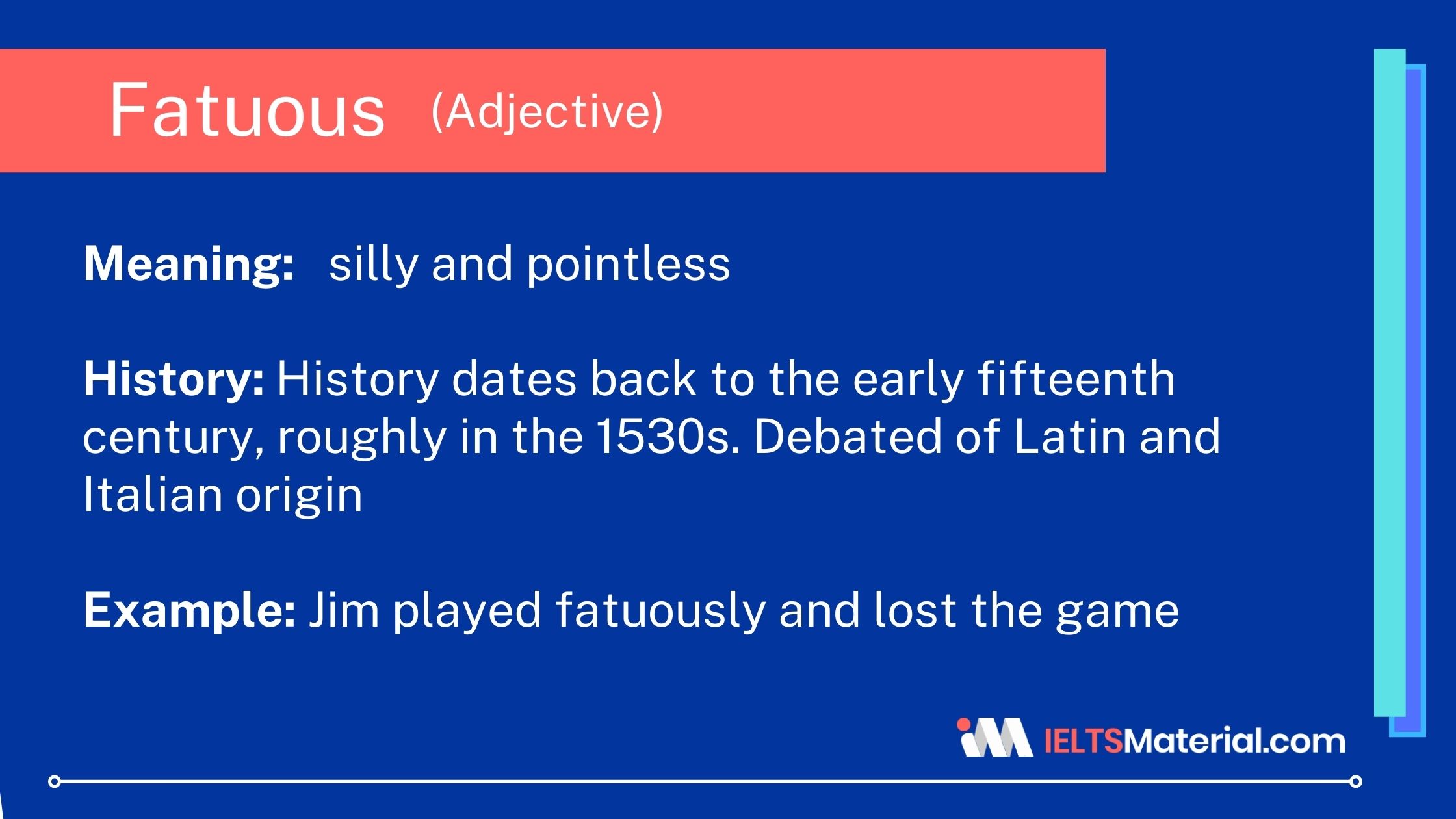
Kasturika Samanta
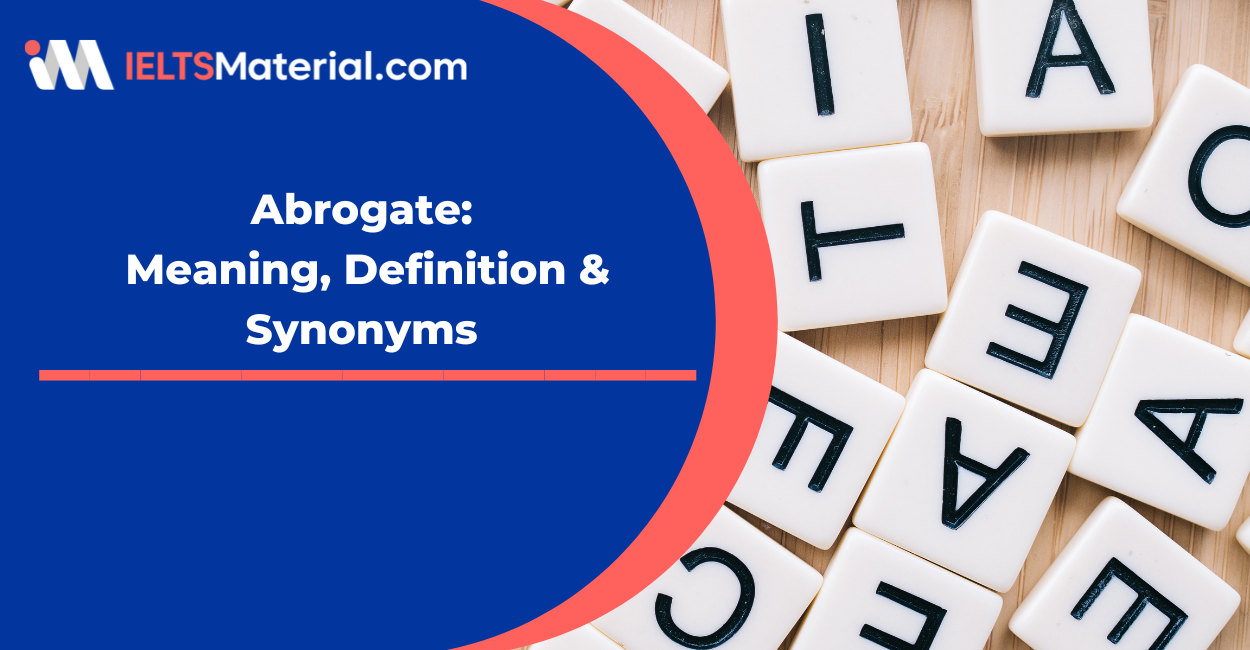
Kasturika Samanta
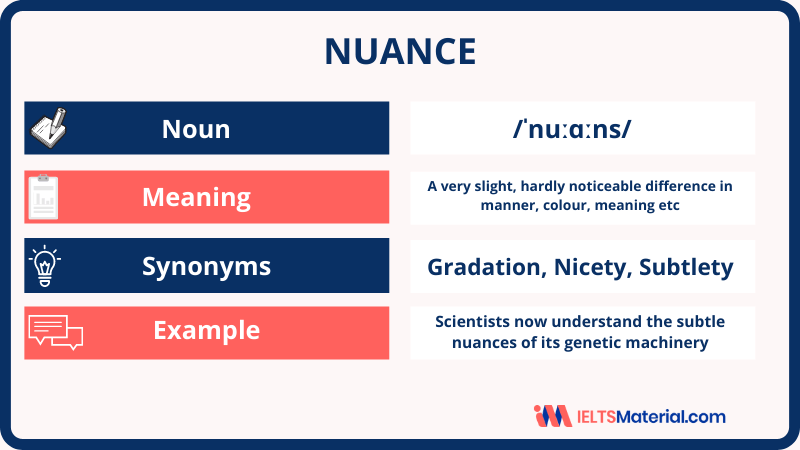
Kasturika Samanta
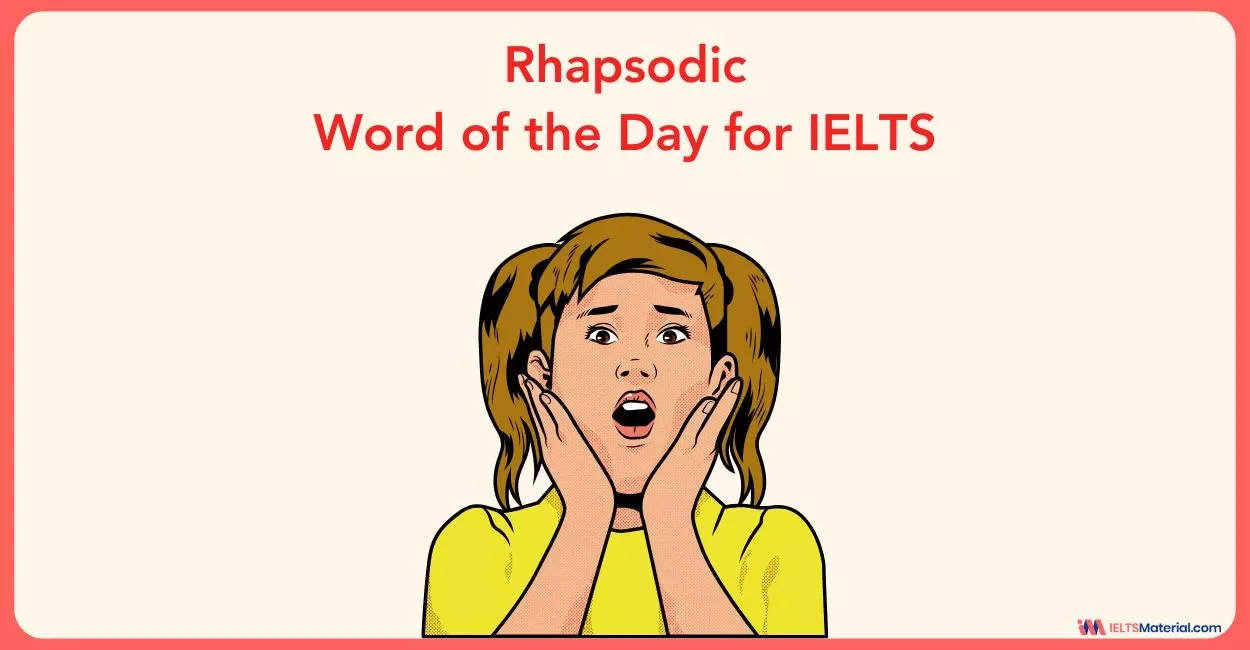

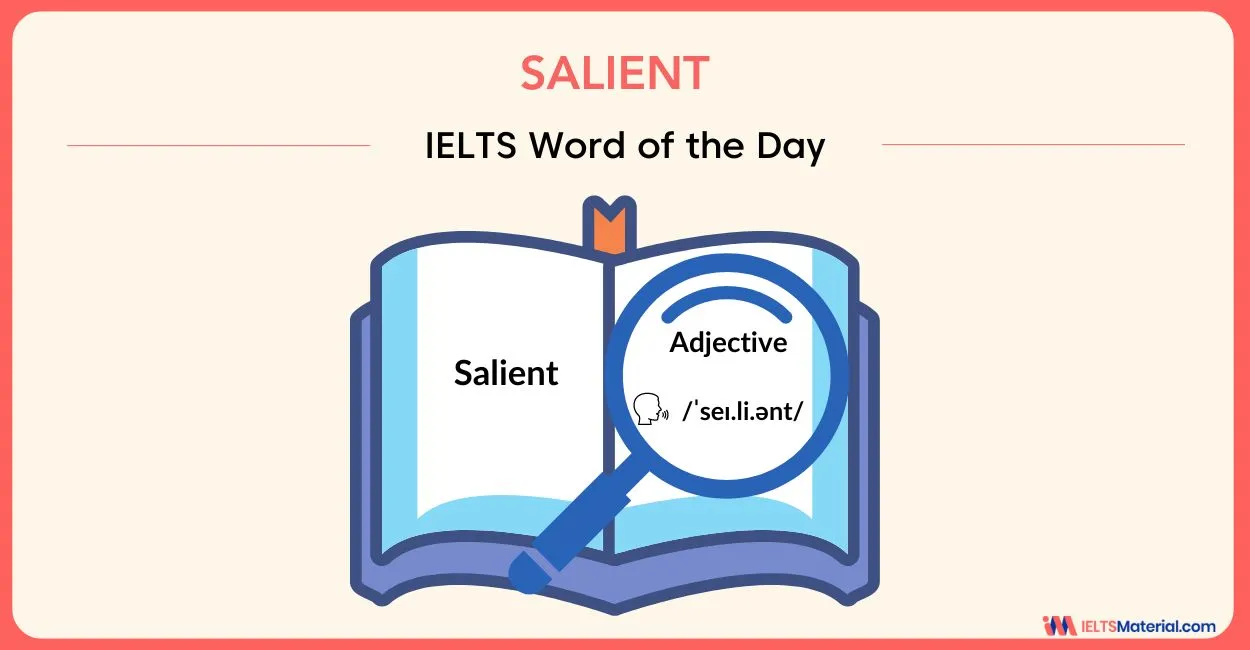


Post your Comments